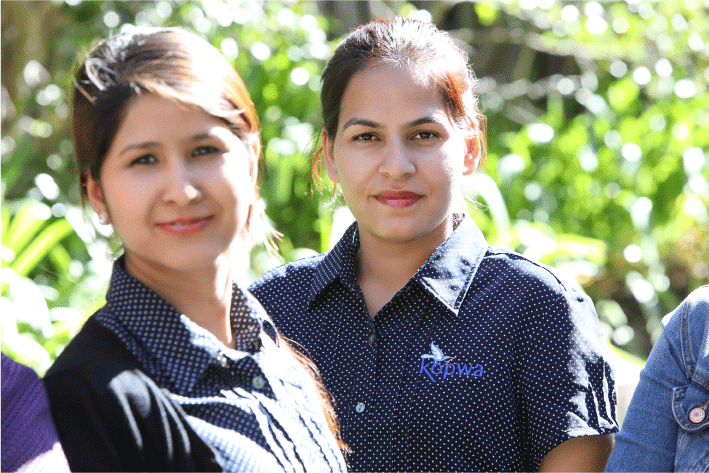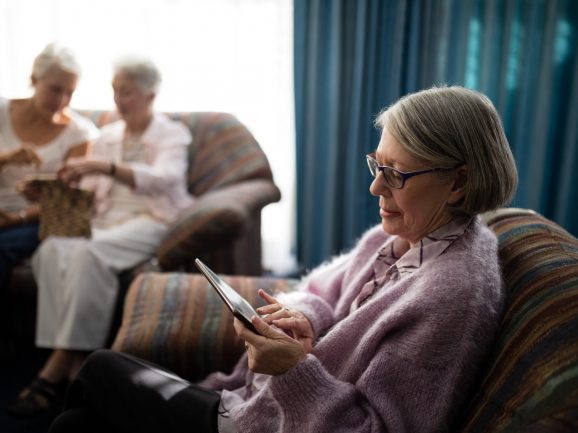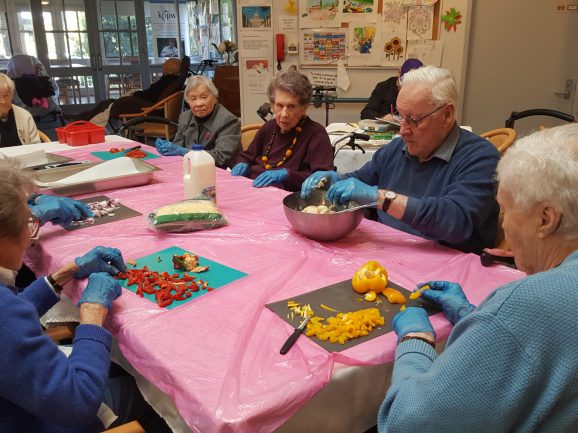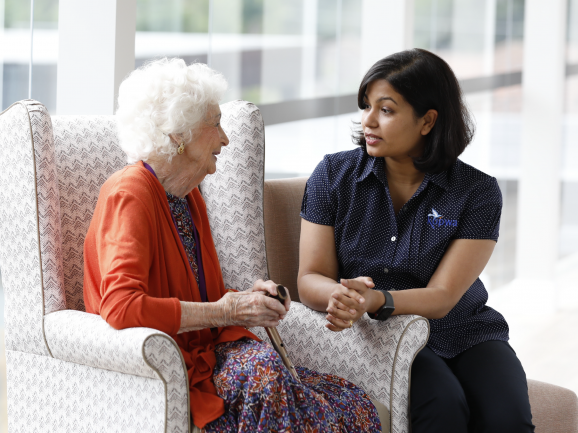‘Hope for the best, plan for the worst’ is sage advice, especially within aged care. The winter season of 2019 saw a particularly vicious strain of influenza infiltrate many aged care facilities across Australia, sometimes with devastating results.
The Commonwealth Department of Health and Ageing confirmed 304,314 cases of laboratory tested influenza in 2019, with 113,478 of those occurring in NSW[1]. Given the heightened risk of the elderly contracting the flu, it was not surprising that many aged care facilities were faced with treating and containing the flu virus.
For the first time in over six years Archbold House had a number of confirmed cases of influenza, placing staff into the extra-ordinary circumstance of caring for these residents and ensuring that contamination was kept to an absolute minimum.
Best practice procedures designed to cope with an influenza outbreak were swiftly actioned. The home was put into lockdown and contact between residents was minimised. Sick residents were isolated in the comfort of their own room and a staff carer became their sole personal contact. Carers looking after infected residents wore personal protective equipment when caring for the resident including face mask, single-use gloves and disposable aprons. Naturally, such isolation of the sick places an extra burden on the carer as they not only administer medications, deliver meals and deliver personal care but also become the only human contact for the sick. The carers of residents suffering from the flu became their friend, a listening ear, watchful eye and sympathetic ally until they regained full health.
Extra-ordinary circumstances such as these emphasise the importance of teamwork and flexibility. The staff at Archbold House took on extra duties in order to ensure every resident was cared for. With carers assigned specifically to ill residents, any gaps with regard to the personal care needs of healthy, unaffected residents needed to be quickly identified and filled. Management and administration staff pitched in to help with jobs around the home as they emerged, ensuring that the day-to-day running of the home as well as standards and quality were maintained. Moreover, with no family or visitors permitted, staff were aware that they were the only social contact for residents during this testing time.
In the post analysis of the situation the value
of teamwork was recognised as was the importance of daily assessment of the
situation and appropriate communication with both staff, residents and their
families. Archbold House was cautious with the lockdown period, lasting almost
two weeks. This ensured that the risk of infection had well and truly passed
before allowing residents and visitors the freedom to safely enter and leave. Happily,
all residents affected by the flu recovered and any further infection was
contained. In future, the team will include emergency events in their mandatory
training of staff to ensure everyone is well-versed and practised for such
situations.
The staff were able to harness their strengths
in the testing environment, and to work towards the health, wellbeing and care
of all their residents.
[1] “2019 Influenza Statistics” Commonwealth Department of Health and Ageing, www.immunisationcoalition.org.au Stats are up to date as of Nov 2019




